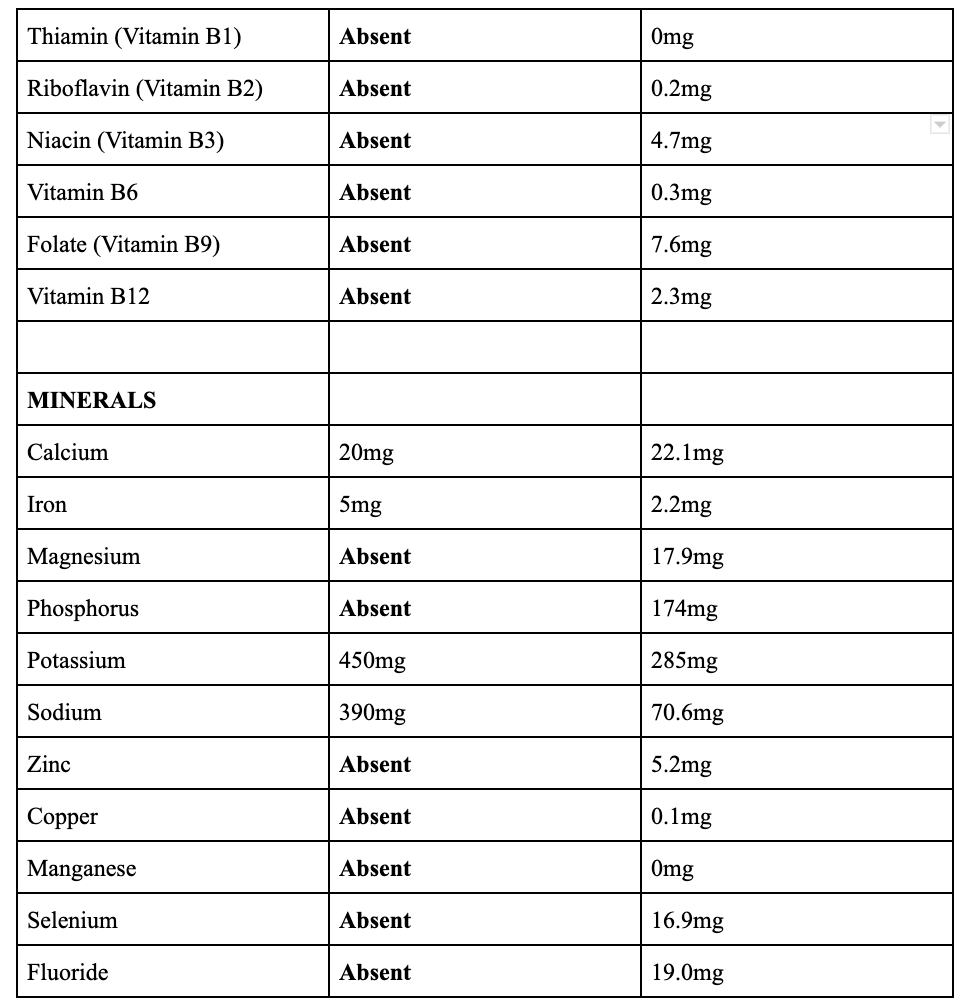Plant-Based Meats
- Linked Fit

- Jul 29, 2020
- 3 min read
Updated: Aug 19, 2020
Plant Based Meats? What is with all the Hype?
Recently, plant-based meats have hit the ground running among both the public and many large food chains.
Why? There have always been veggie burgers but why is plant-based meat blowing up now?
The answer is the marketing scheme.
Plant-based burgers and meat were not marketed to the vegan/vegetarian crowd but instead, the general population of meat-eaters as an alternative that takes away from the mass agriculture of ground beef products. This is why many corporate food chains such as Qdoba, Subway, Burger King, and KFC have partnered with either one of the two large plant-based meat brands, Impossible Meat or Beyond Meat. They’ve been able to draw a new crowd in by offering plant-based meats and build even more hype on their same menu items but by simply replacing the patty used. Genius? Sure. Healthy? Well, let's take a look at the differences between plant and animal-based meats.

Plant-Based v. Animal-Based Meats
We must understand the differences between plant-based meats and animal-based meats to make an informed decision on what is best to consume in our diets. The main variances between the two types of meat include their ability to be sustainable and their impact on overall health.
When it comes to sustainability, plant-based meats knock animal-based meats to the curb. Based on an article from the Good Food Institute, plant-based meats take up 47% to 99% less land than conventional meats with a median savings of 93%. To put animal-based meats into perspective, raising animals for human consumption takes up 77% of the world’s agricultural land but provides only 17% of our food (John, 2019). This is a massive amount of land to be used but not a large portion of the output. When comparing greenhouse gas emissions from plant-based and animal-based meats, plant-based meats can cause 30 to 90% less greenhouse gas emissions than animal-based meats (John, 2019). Thirty to ninety percent is quite a large range in comparison but is overall more beneficial to the earth.
As for antibiotics, plant-based meats are free of antibiotics while most animal-based meats use 70% of medically important antibiotics (John, 2019). By using antibiotics in meat, we drive up our tolerance to them and make them less useful to ourselves. One of the larger pros of plant-based meats is the lesser amount of water it uses. Approximately, plant-based meats use 72 to 99% less water than animal meats (John, 2019). This is a large issue concerning agriculture considering animal-based meats use up 1/3 of all water in agriculture alone. Now, only looking at sustainability, most would say that plant-based meats should be the new norm. Things that seem too good to be true though, almost always, are.
Alternatives to “natural” or “normal” foods come with a price. They are highly processed. Let's look at the breakdown between a beyond burger patty and a ground beef patty.


After reading the comparison, are you surprised? The Beyond Burger Patty lacks all the B vitamins, vitamin D, Vitamin E, and Vitamin K. Ninety percent of the vitamins and minerals missing in the Beyond Burger Patty are present in a standard ground beef patty. However, the Beyond Burger does beat out the ground beef in cholesterol. As a highly processed food item, the Beyond Burger loses most of its nutrients due to the heating, cooling, and pressure it undergoes to be packaged. B Vitamins are heat sensitive and tend to be lost in temperatures over 240 degrees Fahrenheit. Zinc and copper are generally found in animal products, fish products, nuts, and seeds, therefore, their absence in the Beyond Burger Patty is understandable.

So, Should You Make the Switch?
The answer? Depends!
Plant-based meats are extremely sustainable and liked by many as our earth looks toward a better future away from mass pollution, however, they are not the best nutrient-dense food. Red meat gets a bad rep due to its connection to negative heart health, high cholesterol, and high saturated fat content. Does this mean red meat is inherently bad and you need to replace it with plant-based meats? Nope. The problem begins when red meat is over consumed in the diet. Cholesterol and saturated fats are not harmful unless over-consumed or you have an underlying condition. It's overdone but the phrase “everything in moderation” is completely true and necessary in this case. If you like the taste and enjoy eating plant-based and/or animal-based meats then incorporating them in your diet should not be frowned upon. Over consuming these products is where issues can arise but by focusing on diversity within your diet you can enjoy the foods you want, whether it's plant or animal-based!
References
Beef, ground, 80% lean meat / 20% fat, patty, cooked, pan-broiled [hamburger, ground chuck] Nutrition Facts & Calories. (n.d.). Retrieved July 28, 2020.
John, J. (2019, August 01). Just How Sustainable Is Plant-Based Meat? Retrieved July 28, 2020, from https://www.gfi.org/sustainable-meat-fact-sheet




Comments